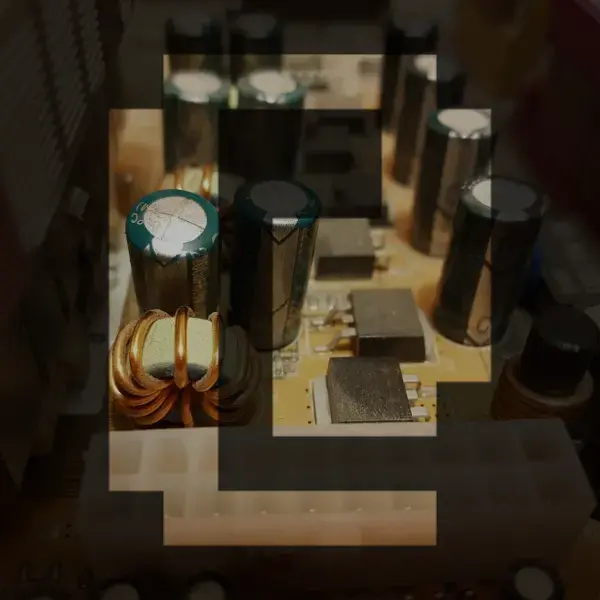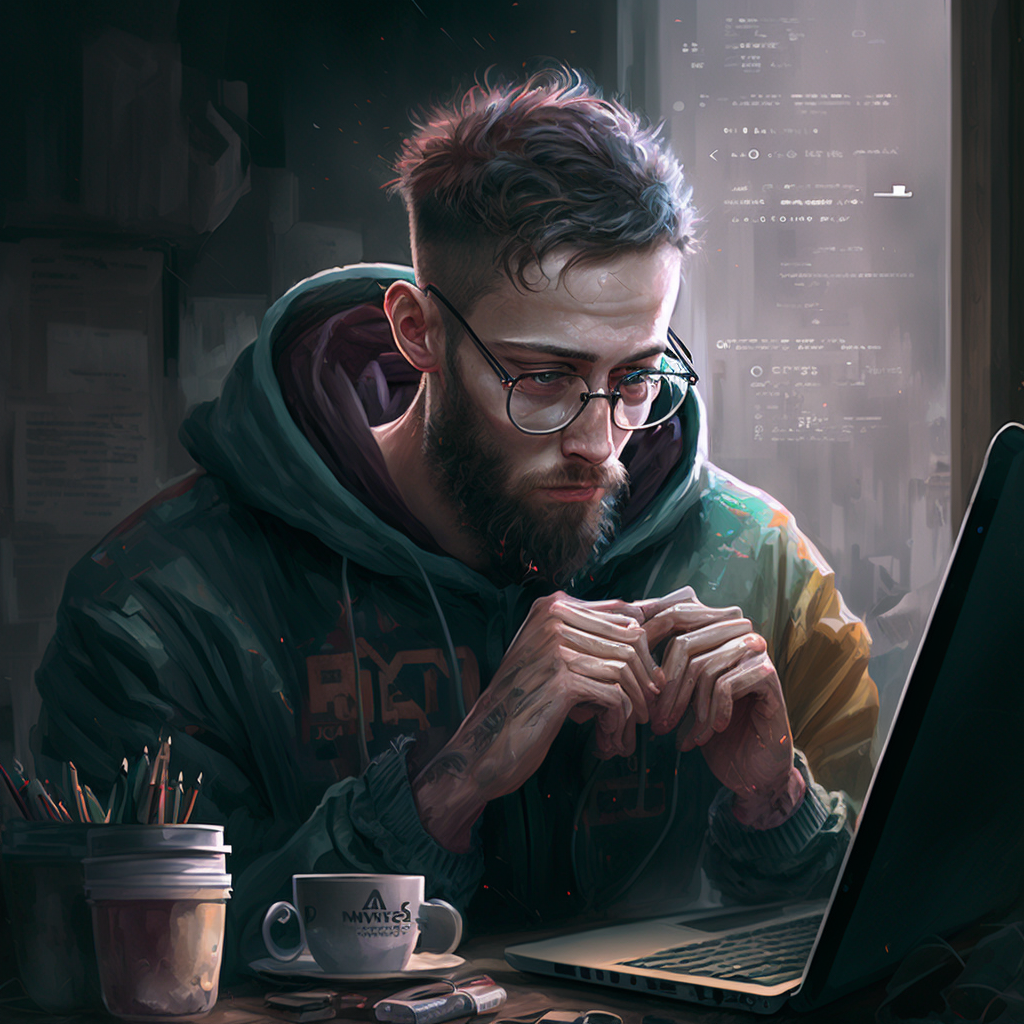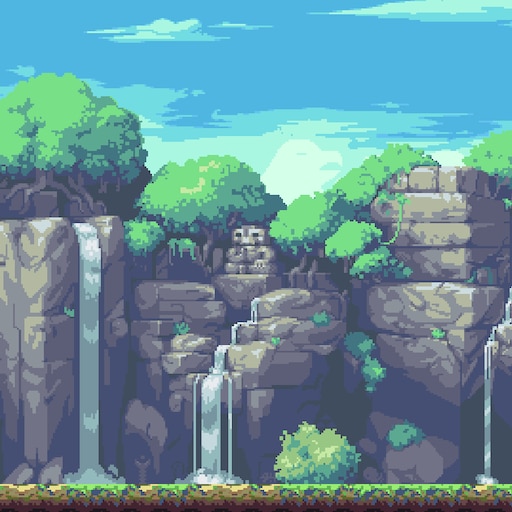I’m keeping it broad by not specifying a distro. I’m just curious is this a real option for actual editing professionals? As far as I understand you can make it work by running under Wine, but I’m guessing this comes with significant drawbacks. I’m having trouble finding any information on both the current state of things with running Premiere under linux (most info seems to be from 2018 for some reason), and the extent of the drawbacks in a quantifiable way.
I’m generally a pretty happy Mac OS user, but I always want to keep options open. I haven’t really tried to use Linux on desktop since the late 00s.
The reason, you aren’t finding anything, is that nobody really attempts to install premiere or after effects anymore on Linux. The alternatives have cought up and they are available for Linux.
- DaVinci Resolve provides the complete package. Video editor and (node based) compositor in one. Even outside of the Linux world there is a lot of momentum behind this tool, as I probably don’t have to tell you. Keep in mind, that the free version on Linux has some limitations, that the free versions on the other OS’s don’t have (missing h264 support for example)
- Left angle Autograph (https://www.left-angle.com/#page=95) is a young product, having seen its first release earlier this year. It’s a direct competitor to After Effects. A timeline based VFX tool. Unfortunately fairly expensive as well.
Back to your question: making things work with wine has a significant drawback. Your system can break with every update. So you’re not making it work just once but over and over again.
Someone should tell Left Angle that Ubuntu 22 is not a valid Ubuntu release.
It always infuriates me a bit whenever I see that and it immediately tells me that Linux doesn’t seem to be a priority for them. For some reason they get the macOS version numbers right …
Is there any good alternative to Photoshop on Linux? That’s about the only thing I miss after switching
There’s GIMP but it seems a little clunky sometimes, I’ve heard krita is good for artists but I tend to just use this kind of thing for editing images
GIMP is currently missing non-destructive editing (a rather core feature), but that’s something they’re aiming to fix in 3.2. I don’t know when that’ll be here, but that will be a good day for GIMP.
You might have better luck with Affinity Photo—it doesn’t really work well through Wine yet, but it’s getting there: https://forum.affinity.serif.com/index.php?/topic/182758-affinity-suite-v204-on-linux-wine/
I personally use Affinity Photo on macOS and I’m really happy with it. I like it more than Photoshop, actually. Fair warning that it will rasterize all your text layers in
.PSDfiles, so you’d want to be using only.afphotofiles, but it’s impressive how good the.PSDsupport is otherwise. So, give it a year or two, and Affinity Photo might be in good shape in Wine! I mean, I can hope.A lot of people claim good luck with PhotoPea
It’s a browser app though
Extremely laggy as PWA in chromium, less laggy in chrome and has to be used in a normal browser window in firefox
Doesn’t work if I’m not connected to the internet and also ads taking up ~10-15% of the window
When it’s working in firefox it seems like a decent alternative and even supports opening psds which is incredibly useful but not sure I’d want to run it in a browser, if it was open source could shove it in an electron wrapper and be done with it but doesn’t seem to be, their public GitHub only has branding and information
I would like to mention Pixlr E. Which I personally use. I think it’s similar. Works great for someone used to older Photoshop versions (I have no experience with modern Photoshop, mind you).
GIMP is, last I checked, RGB colorspace only, so it’s not a real choice for anyone doing print work.
Honestly, no there isn’t. Even if Gimp can apparently do a lot of what Photoshop can, you have to first learn, then jump through 20 unintuitive hoops to get to the same result thst Photoshop can do in 2 clicks. Nothing compares as far as I’m concerned.
I’m not sure there is really anything else like that on Linux though on a more positive note.
Most other tools I’ve ever had to interact with either have native support, run perfectly/very well with wine or have a good/better alternative on linux
Krita
As I mentioned krita isn’t really an editing tool as far as I’ve heard it’s more for art
I only ever really used it for editing
Paint.net used to be my go-to on windows because I’m too cheap to pay for a Photoshop license
Isn’t Krita more like an alternative to Adobe Illustrator?
Inkscape is like Illustrator. Krita is a digital painting application, so Photoshop. It doesn’t replace Photoshop in every usecase. But in that regard it’s better than the tool from Adobe (or so I’ve been told)
deleted by creator
Can it be done? Yes.
Can it be done in a reliable way that you can depend on to always just work when you need it? No.
If you are completely dependent on Adobe products for your livelihood, you should not plan to work exclusively on Linux.
This was my experience with Photoshop. Got it installed, tried a few things, great, seems to work. Then eventually I went to actually use it, and it would consistently crash trying to do certain tasks. Back to dual boot I go…
Better off using native Linux applications. We have DaVinci Resolve, Lightworks, Blender, and Kdenlive. All are fantastic video editors that can give you very professional results.
Personally I use Kdenlive:
- Doesn’t require GPU
- Automatic subtitles
- Support for LUTs
- Nested timelines
- Proxy/Offline editing
- Warp stabilizer
- Free and Open Source
It’s probably the most feature complete FOSS editor.
To add to this, I also use Natron to replace After Effects. I use both of these on Linux and Windows too, serves me well as a light-mid user.
deleted by creator
The feature was part of the April release. That and Open AI Whisper support for subtitles.
If you’ve to work with other people and/or you really need the Adobe tools my best advice if to forget it. Emulation and stuff like Wine, Bottles, Crossover is all cool until you try to install MS Office and it doesn’t work properly or Photoshop doesn’t work because it fails to identify the screen size. You can’t simply run those programs for everyday usage under Linux with good results.
Forget wine. Virtual Machines or Remote Desktop work very well for generic Windows software. For graphics-heavy stuff, you need to learn whether this works for you.
I use ShotCut for work.
Interesting! I have some questions:
- Is editing a primary part of your job?
- How and why was ShotCut selected for your work?
- How do you feel about ShotCut compared to other editing software on Linux, Windows, and MacOS?
Thanks!
-Yes editing is a key part of my job. Although it’s plenty of simple editing and almost no fancy effects and so on. I need to cut video edits fast, modify audio, crop and scale video.
-Shotcut loads instantly and runs natively on linux. That’s the biggest selling point for me. It’s extremely simple and has a clean UI. Also it handles .ts mpeg containers easily. Some apps, even premiere have issues with that format.
-I tried Openshot, Kdenlive and a couple of other apps. ShotCut was lighter and simpler.
Awesome, thanks for your answers! I’m considering switching mostly to linux on the desktop at home and one of the sticking points for me has been finding a good video editor. This is very helpful in that regard.
VM is your best bet for adobe stuff. You’d need GPU passthrough for proper hardware acceleration annoyingly.
Maybe dualbooting from Windows for those might be better until Proton and WINE can get resources to support Adobe stuff again!
Aren’t there programs to window-ify vm apps? Like looking glass
just use a vm ,possibly with GPU passthrough
Yeah, build your own desktop, carefully pick a compatible GPU and then deal with access issues to the VM. Most ways to access the image coming out of the VM are either slow or glitchy. Unfortunately this isn’t a solution for people who need to do their daily jobs on those programs.
Huh? Any GPU is “compatible” and the experience is basically same as bare metal
Last time I looked into passthrough (for qemu), it was non-trivial to set up, though. Has that gotten any easier?
It’s not something I would trust my mother to be able to setup but if you are a regular Linux user then it shouldn’t be too hard for you.
And it’s a one-time setup. Once it’s working, it’ll keep working, unless wondering drastically changes with iommub groups or something (i.e. check before doing major BIOS updates).
If it isn’t that it means it isn’t decent software :D
i think its mostly the same but now its easier to separate the iommu groups because i think the ACS patch was upstreamed? so id give it a try
Ahaha very funny. So tell me, how are you passing the image from the passthrough GPU back to your system?
i dont think this question makes sense. also whats funny about vfio?
Looking Glass and IddSampleDriver. A second monitor would work just fine too.
Looking Glass
Does it work reliably for you? I also experienced some form of slow down / frame dropping.
I don’t game on Windows, but yes, it isn’t as smooth as native apps.
That’s my issue there. Can’t use it for graphical work and frankly I even notice it with MS Office.
They crash enough on Windows already, I would highly recommend against it! :/
I use Kdenlive.
https://appdb.winehq.org/objectManager.php?sClass=application&iId=128
It is not rated well on winedb, although those look like old versions?. I would not have much hope in it working for professional needs . You would be better served by learning one of the more open or Linux friendly alternatives instead. Quite a few are quite good now for different needs. You would need to try them out your self to see if they meet your needs though. Which you can typically do on windows to minimise the disruption to your work flows. But be warned it can take some time to relearn them.
It’s not viable, doesn’t run well or at all through wine and in VMs it’s slow at best…
There will be massive performance issues due to driver support and in the way modern Adobe apps use the GPU to handle a lot of the work. Over the past few years as GPU’s have become insanely powerful, Adobe have retooled a lot of their apps to make use of that number-crunching - before you could bruteforce it with a decent CPU but now a lot of program functions are handled by the graphics card - even things like canvas scaling and rotation are only active using the GPU.
Until Adobe make native versions (and there is corresponding driver support - nVidia run drivers built specifically for creative apps like those from Adobe and Autodesk), I wouldn’t even consider using Linux for any type of creative work, to be honest.
I wouldn’t even consider using Linux for any type of creative work, to be honest.
I create schematics and PCBs on it all the time. But that’s more engineering, not media and art.
Not only that. If all you need to deal with are still images Inkscape, Krita and to some extent GIMP are quite enough for my students, and I teach at an art university.
Agreed. I’ve been designing professionally since 2009, and have switched my workflow to 100% FLOSS tools. Scribus, Inkscape, and Krita are suitable for professional work these days.
I am heavily considering switching to Linux aswell (though from Windows). I guess I would just spin up a VM if I need to run something I can’t get to work on bare matal Linux.
Dual boot for a while. Even if you’re using a usb
Dual boot is too inconvenient. Just go Linux cold-turkey and run Windows in a VM if you have to.
Yeah, dual booting meant Windows for me. I was just more comfortable with it. On the other hand some people have something to do compared to me at that time. Taking the time to learn how to do sth. on Linux isn’t always possible.
Dualbooting is a great start for most people who want to switch but USB sticks have cheap storage controllers so they will die insanly fast if you put that kind of load on them permanentely and it will probably be slower than a HDD.
That’s the plan. Windows will be on one ssd and Linux (probably Mint) on another.
I thought about dualboot using two SSDs, one for linux, one for Windows and a VM on linux using the physical Windows SSD. Don’t know if it is really possible though…
I remember trying to do that once, it wasn’t possible IIRC but it might be now 10 years later



















